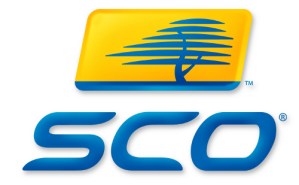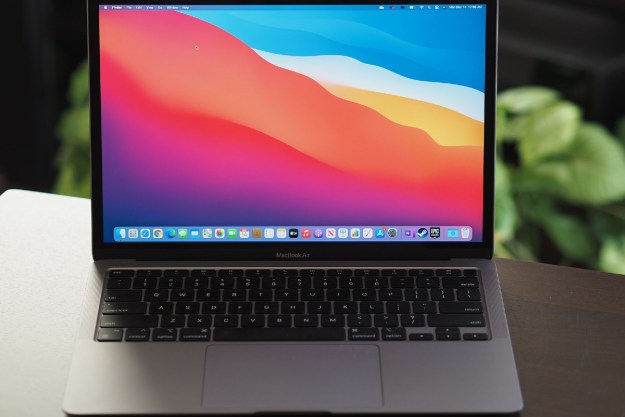 Just when you think you’re out…they pull you back in. That might be what Novell is thinking today after a federal appeals court overturned a 2007 trail court decision that granted the copyright of the Unix operating system to Novell, apparently putting an end to an ages-long legal dispute between the companies…and which has threatened to engulf Linux operating systems. The reversal apparently clears the way for the—now severely cash-strapped—SCO to resume its battle for ownership of Unix…and it’s almost certain to drag IBM into the fray as well.
Just when you think you’re out…they pull you back in. That might be what Novell is thinking today after a federal appeals court overturned a 2007 trail court decision that granted the copyright of the Unix operating system to Novell, apparently putting an end to an ages-long legal dispute between the companies…and which has threatened to engulf Linux operating systems. The reversal apparently clears the way for the—now severely cash-strapped—SCO to resume its battle for ownership of Unix…and it’s almost certain to drag IBM into the fray as well.
The three-judge panel of the 10th U.S> Circuit Court of Appeals ruled that the August 2007 copyright ruling in favor of Novell was flawed, and ordered a new trial to determine ownership of the copyright. The ruling not only lets SCO bring Novell back to court, but also effectively re-instates another lawsuit against IBM which had been dismissed when Novell was granted the copyright on Unix.
SCO claims to own the copyright on Unix, and has been battling Novell in court for years claiming that its intellectual property was illegally contributed to the Linux operating system; SCO also claims IBM also improperty contributed SCO source code to Linux. The lawsuits date all the way back to 1996, when Novell sold some of its assets to SCO; SCO maintains the Unix copyright was part of the sale, while Novell claims they are not. SCO has also failed to identify any of its own source code in Linux, although SCO has consistently characterized Linux as a mere knock-off of its Unix offerings.
New trial dates for SCO’s cases against Novell and IBM have not been set.
SCO filed for bankruptcy in 2007, due to declining revenues and expending considerable resources waging the long-running case.


